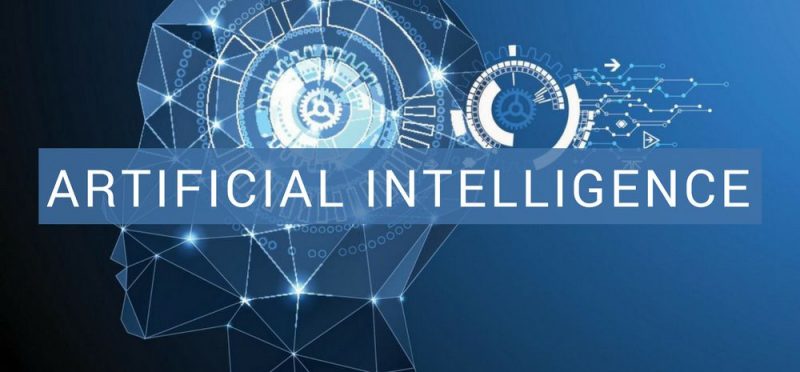The ITUC (International Trade Union Confederation) has expressed growing alarm over the escalating threat artificial intelligence (AI) and digital intelligence pose to workers’ rights globally. These technologies, while offering potential benefits in terms of productivity and innovation, are being deployed in ways that undermine fundamental labor principles, including the right to privacy, freedom of association, and collective bargaining. The ITUC argues that the unchecked expansion of AI-driven workplace surveillance, algorithmic management, and automated decision-making is creating a precarious and exploitative environment for many workers, exacerbating existing inequalities and ushering in a new era of digital feudalism.
One of the most pressing concerns is the pervasive use of surveillance technologies. AI-powered systems are increasingly being used to monitor employee performance, track their movements, analyze their communications, and even assess their emotional states. While employers often justify such practices in the name of efficiency and security, the ITUC warns that this level of surveillance erodes trust, creates a climate of fear, and infringes upon workers’ fundamental right to privacy. The constant monitoring can lead to increased stress, anxiety, and self-censorship, ultimately stifling creativity and innovation. Furthermore, the data collected through these surveillance mechanisms is often used to make high-stakes decisions about hiring, firing, promotions, and pay, with little transparency or accountability. This lack of transparency raises serious concerns about bias and discrimination, as algorithms can perpetuate and amplify existing societal prejudices.
Algorithmic management, another area of concern, involves the use of algorithms to direct and control workers, often in the gig economy. Platforms like Uber and Deliveroo utilize algorithms to assign tasks, set targets, and evaluate performance, effectively replacing human managers with automated systems. This shift in power dynamics has led to concerns about unfair working conditions, including unpredictable schedules, low pay, and a lack of recourse for grievances. Workers are often subject to the whims of opaque algorithms, with little understanding of how decisions are made and no opportunity to challenge them. This lack of transparency and control creates a sense of powerlessness and undermines the ability of workers to organize and negotiate for better terms and conditions.
The increasing automation of decision-making processes, driven by AI, also poses a significant threat to workers’ rights. Algorithms are now being used to make decisions about hiring, firing, loan applications, and even access to social services. While proponents of automated decision-making tout its efficiency and objectivity, critics argue that these systems can perpetuate and amplify existing biases, leading to discriminatory outcomes. Moreover, the lack of human oversight and the complexity of these algorithms make it difficult to identify and rectify errors, leaving individuals with little recourse when faced with unfair or inaccurate decisions. This erosion of human judgment and accountability raises serious ethical and legal questions about the role of AI in shaping our lives and livelihoods.
The ITUC emphasizes the urgent need for robust regulations and ethical frameworks to govern the development and deployment of AI in the workplace. These frameworks must prioritize human rights, ensure transparency and accountability, and protect workers from the potential harms of these technologies. The union advocates for strong data protection laws, the right to disconnect, and meaningful human oversight of algorithmic systems. Furthermore, the ITUC stresses the importance of social dialogue and collective bargaining as essential tools for navigating the challenges of the digital age and ensuring that the benefits of AI are shared equitably. Workers must have a voice in shaping the future of work and ensuring that technological advancements contribute to a more just and inclusive society.
Ultimately, the ITUC’s message is clear: AI and digital intelligence hold immense potential, but they must be harnessed responsibly and ethically. Failing to address the growing concerns about workers’ rights in the digital age risks exacerbating existing inequalities, creating a precarious and exploitative labor market, and undermining the very foundations of democratic societies. It is imperative that governments, employers, and workers’ organizations work together to develop and implement regulations and ethical guidelines that ensure that these powerful technologies are used to enhance, not diminish, human well-being and fundamental rights. The future of work hinges on our ability to navigate this technological revolution in a way that prioritizes human dignity, fairness, and social justice.














